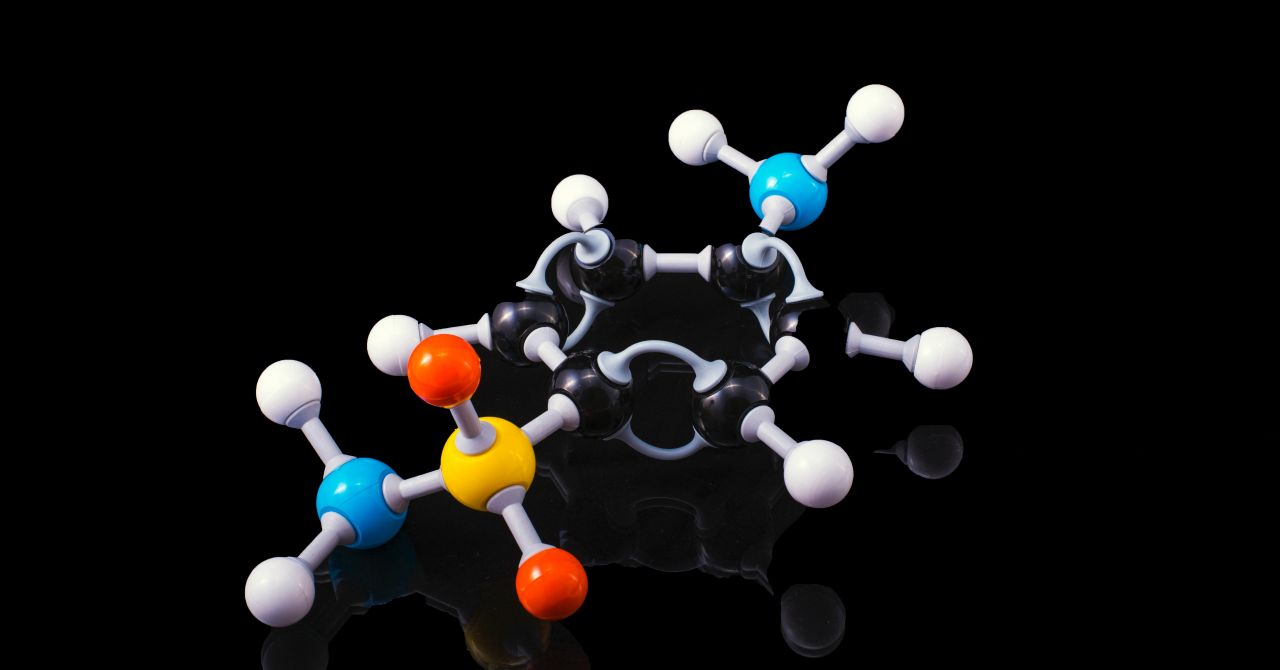According to Newatlas, hydrogen can be used as a very clean energy carrier, as it can be used for electricity production through a fuel cell and it generates only water as a by-product.
Compared to lithium batteries, hydrogen cells carry significantly more energy in the same weight, and hydrogen cells can also be refilled pretty much as fast as any traditional car, compared to EVs that have to wait tens of minutes or even hours before they can comfortably go back on the road.
However, the problem with hydrogen occurs when it is being released in the atmosphere, as fugitive emissions, when it can interact with other gases and vapors in the air and produce powerful warming effects.
A new study from the UK Government followed the interactions between hydrogen and the environment, and was able to determine that the Global Warming Potential (GWP) of hydrogen is nearly twice as much as we first thought.
To put things into perspective, over the course of a century, one ton of hydrogen released in the atmosphere can potentially warm the earth 11 times more than one ton of carbon dioxide.
Hydrogen can affect the atmosphere if it gets there through interacting with the tropospheric oxidants that help with "cleaning" methane in the atmosphere.
Compared to the same quantity of CO2, methane has the potential to cause 80 times worse warming effects over a period of 20 years or so, but after that however, hydroxyl radicals clean it up, which means that it doesn't affect the environment anymore. CO2, on the other hand, can stay in the atmosphere for as much as thousands of years, which makes it more destructive long term.
When hydrogen gets in the atmosphere, it reacts with the hydroxyl radicals, which means that those can't deal with methane anymore, so that the latter will stay in the atmosphere for longer, contributing even more to the global warming.
Furthermore, hydrogen also favor the increase in concentration of both tropospheric ozone and stratospheric water vapor, which essentially causes the temperatures to rise.
The way hydrogen finds its way into the atmosphere is through leakage, according to a second report from Frazer-Nash Consultancy.
If you store hydrogen in a gas cylinder, it will leak about 0.12 to 0.24% every day, and if you transport it that way through pipes, it will lose about 20% more volume compared to methane.
This doesn't mean that we shouldn't use hydrogen in our energy transition, says the UK Government, which explains that "the increase in equivalent CO2 emissions based on 1 percent and 10 percent H2 leakage rate offsets approximately 0.4 and 4 percent of the total equivalent CO2 emission reductions, respectively."
This means that even with the worse possible leakage, hydrogen is still a big improvement over CO2.
Still, we should make sure that we limit the amount of leaking as much as possible, since this can still have some negative effects on the environment that will offset the progress that we make with regards to mitigating climate change effects.
"Whilst the benefits from equivalent CO2 emission reductions significantly outweigh the disbenefits arising from H2 leakage, they clearly demonstrate the importance of controlling H2 leakage within a hydrogen economy."
 Mihai - Cristian Ioniță
Mihai - Cristian Ioniță












Any thoughts?